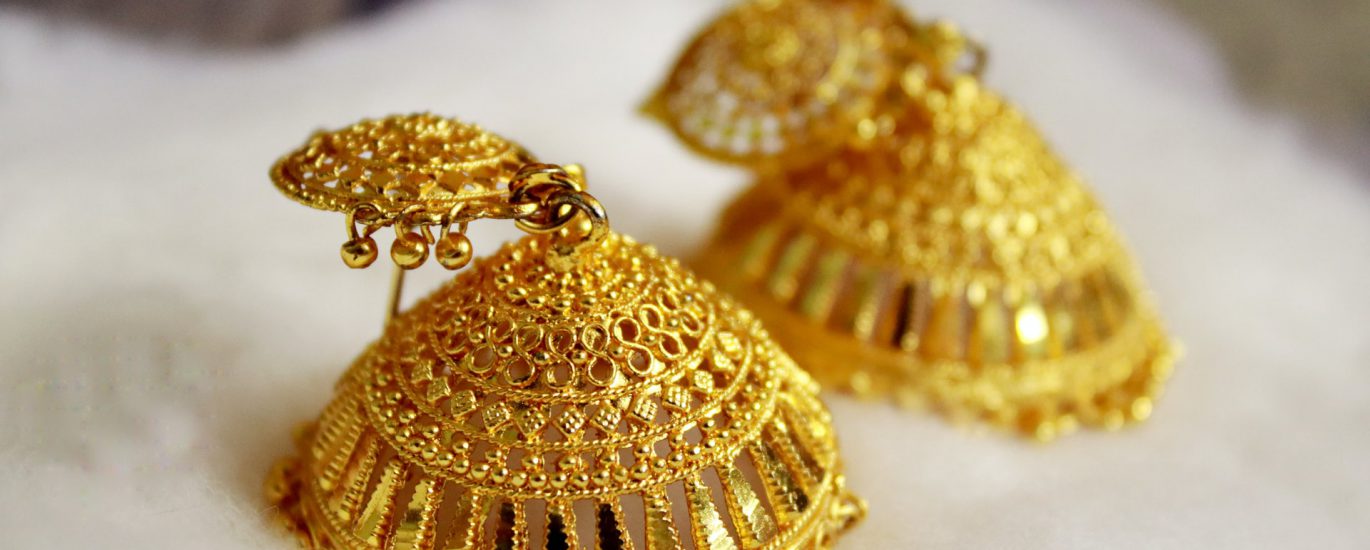All nations have attained greatness by paying proper respect to women. That country and that nation which do not respect women have never become great, nor will ever be in future …….
Swami Vivekananda
The social, emotional and financial security of women is the basic foundations of a society. There are different laws in India relating to property, succession, and inheritance with an objective of providing financial security to women. Though various legislation exist to protect the financial freedom of women, yet most women have a lackadaisical attitude to money and other assets. They are quite happy to let the male relatives or acquaintances decide upon their financial security. Such attitude of women may not matter much during the period of good times but lead to a lot of quandaries in troubled times.
Stridhan is a traditional practice that was primarily meant to provide women with some level of economic security in adverse situations like divorce, widowhood, etc. The word ‘’Stridhan’ has been derived from the words ‘Stri’ meaning a woman and the word ‘dhana’ means ‘wealth’. Stridhan is defined as that portion of a woman’s wealth over which she alone has the power to sell, gift, mortgage, lease or exchange — whole or in parts. The old school of Hindu Law, existing for more than thousand years, such as Dayabhaga and Mitakshara recognizes the right of women to hold and dispose of property.
What constitutes ‘Stridhan’?
Women’s earnings before or after marriage from employment or business, any Savings or investments made from her earnings are also considered as Stridhan.
Properties acquired by a woman in the following manner are part of Stridhan.
- Gift received from relatives.
- Gifts and bequests received from strangers before marriage.
- Property obtained in a partition.
- Property got in lieu of maintenance.
- Property acquired by inheritance.
- Property acquired through technical skill and art.
- Property acquired by compromise.
- Property acquired by adverse possession.
- Property purchased with the earnings of the Stridhan or with savings of income from Stridhan.
- Property acquired lawfully from sources other than those mentioned above.
WHAT is not Stridhan?
Section 14 of Hindu Succession Act provides for protection of Women’s right to her Stridhan that make a female Hindu an absolute owner of such property. The Honourable Supreme Court of India held that:
“a Hindu married woman is the absolute owner of her Stridhan property and can deal with it in any manner she likes and, even if it is placed in the custody of her husband or her in-laws they would be deemed to be trustees and bound to return the same if and when demanded by her.”
Change is the law of life. As time passes, relationships change. It would be prudent for women to record the Stridhan property and also take photographs and preserve the same which may be useful in troubled times. During any dispute, a list of all the items signed by two witnesses can be given to make a claim. Know your rights and assets and be more financially independent.
Credits:
A Suresh,
Executive Director, PropSeva®
Chartered Trust & Estate Planner™ CERTIFIED FINANCIAL PLANNERCM


